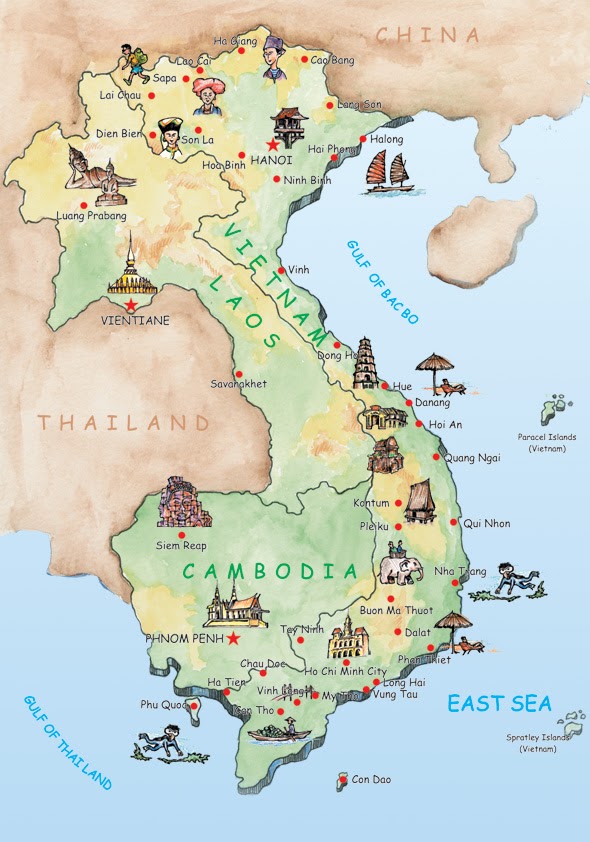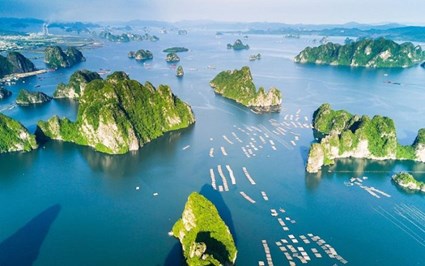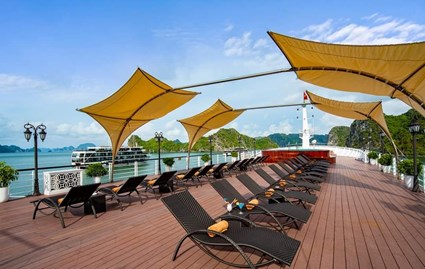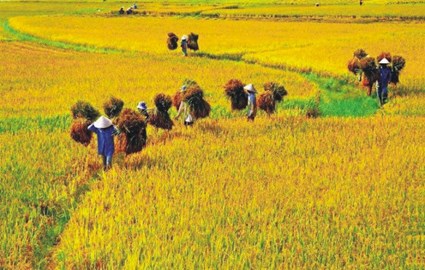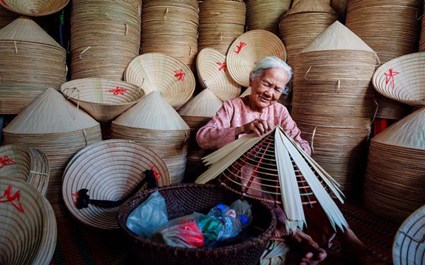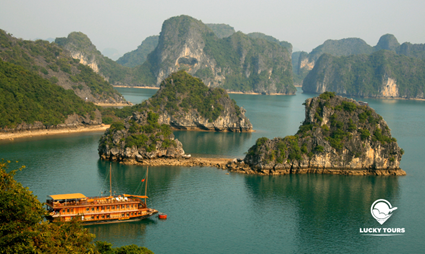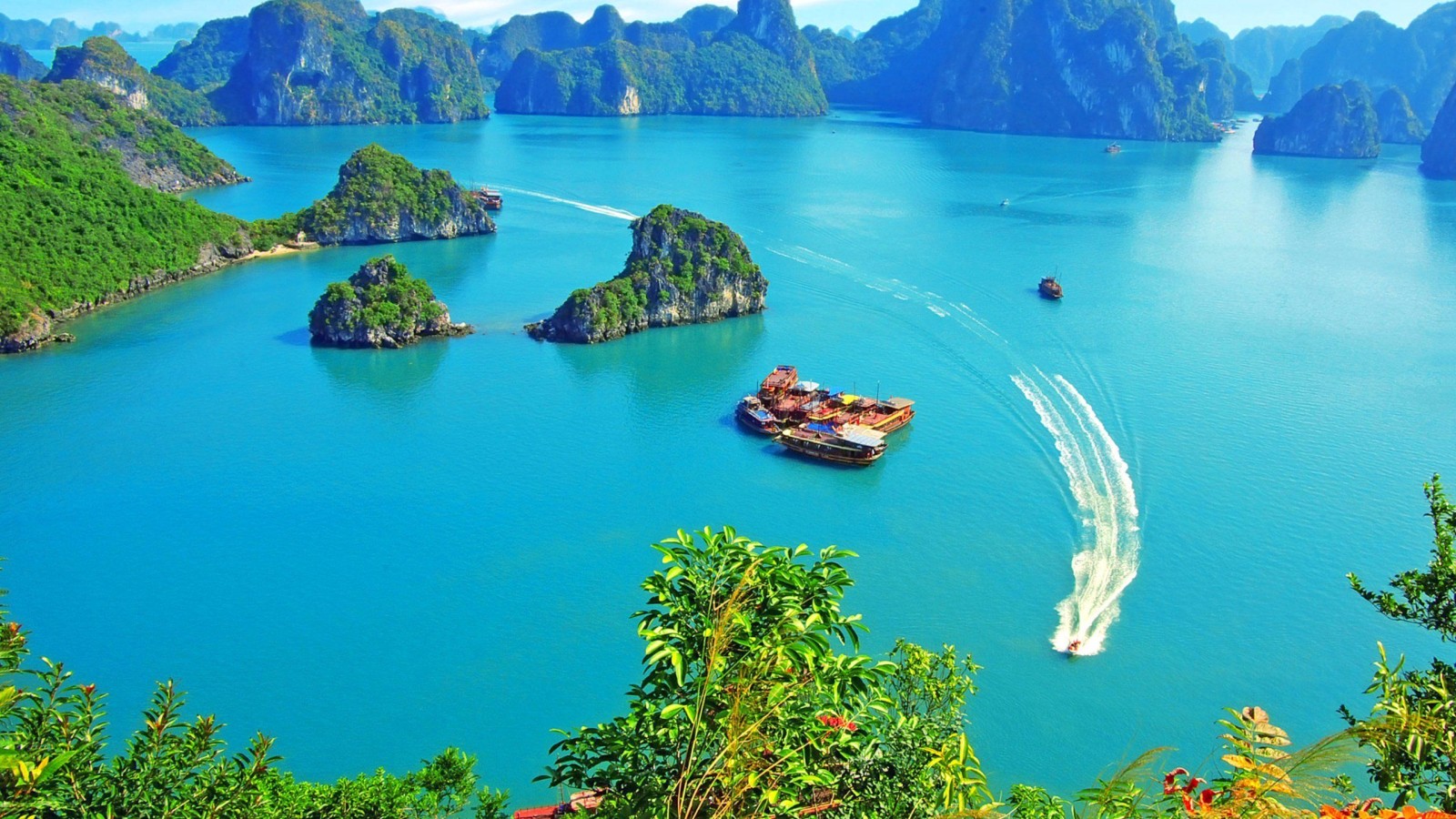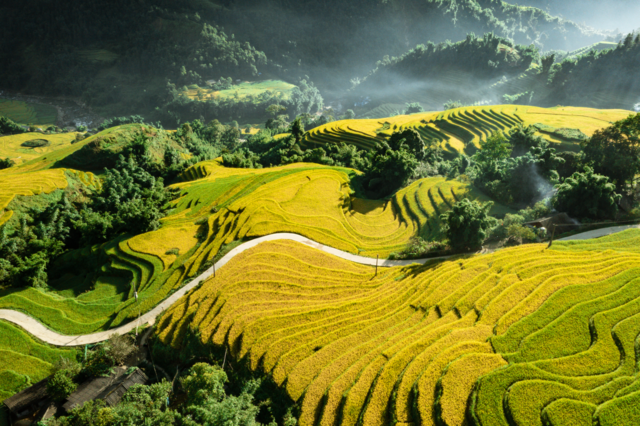Introduction to Vietnam
Vietnam, officially known as the Socialist Republic of Vietnam (Cộng hòa Xã hội Chủ nghĩa Việt Nam), is a country located in Southeast Asia. Covering an area of about 331,230 km², it shares borders with China to the north, Laos and Cambodia to the west, and is bordered by the South China Sea to the east. Its population is estimated at around 100 million inhabitants (2024), making it the 15th most populated country in the world. The capital city is Hanoi, in the north, while the largest city is Ho Chi Minh City (formerly Saigon), located in the south.
geography and climate
Vietnam is an elongated, S-shaped country with great geographic diversity:
-
In the north, you will find majestic mountains, terraced rice fields, and the world-famous Halong Bay, a UNESCO World Heritage Site.
-
In the center, the region is marked by mountain ranges, stunning beaches, and historical cities such as Hue and Hoi An.
-
In the south, the Mekong Delta is a fertile region, renowned for its rivers, canals, and lush orchards.
The climate varies across the country:
-
The north has a subtropical climate with four distinct seasons.
-
The center and the south experience a tropical climate, with a dry season and a rainy season.
the three main regions
-
The North (Miền Bắc): The cultural and historical cradle of the country, featuring key sites such as:
-
Hanoi: the thousand-year-old capital, known for its French colonial architecture and peaceful lakes.
-
Sapa: famous for its terraced rice fields and ethnic minority groups.
-
Halong Bay: a natural jewel made up of thousands of karst islands.
-
-
The Center (Miền Trung): A region of diverse landscapes and rich heritage:
-
Hue: the former imperial capital, with its citadel and emperors’ tombs.
-
Hoi An: a well-preserved port town, listed as a UNESCO World Heritage Site.
-
Da Nang: famous for its beaches and the iconic Golden Bridge.
-
-
The South (Miền Nam): A dynamic and fertile region offering unique experiences:
-
Ho Chi Minh City (Saigon): the country’s vibrant economic and cultural hub.
-
Mekong Delta: known for its floating markets and rural landscapes.
-
Phu Quoc and Con Dao Islands: paradise destinations with pristine beaches.
-
culture and gastronomy
Vietnam is rich in cultural traditions, shaped by Confucianism, Buddhism, and Taoism. Its world-renowned cuisine is celebrated for its freshness and diversity, with iconic dishes such as phở, bánh mì, and fresh spring rolls.
Vietnam is a captivating destination that combines history, natural beauty, and modernity, and it continues to fascinate travelers from all over the world.
